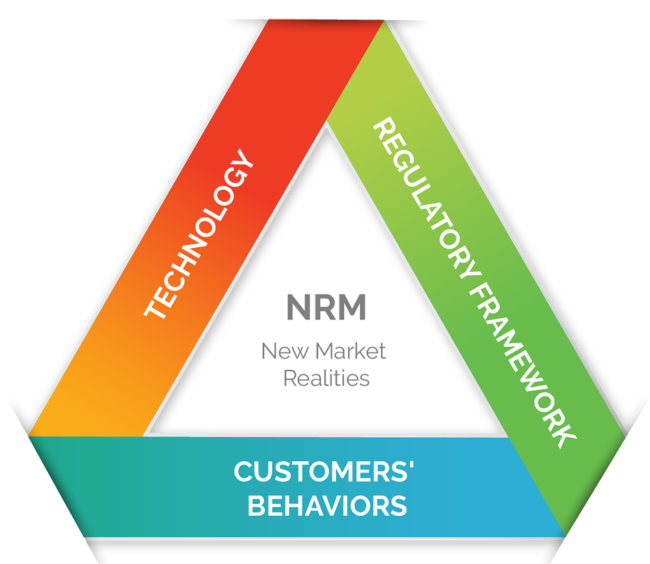your competitors are imposing
New Market Realities
The world changes. Markets are evolving. Your employees and customers adopt new behaviors.
Don’t these developments impact your business?
Don’t you have to adapt?
Just in Time Management specializes in supporting shareholders, directors and senior executives facing these “New Market Realities”.

Sales of the use of a product or service rather than of its property is becoming widespread.
Can this approach bring a competitive advantage to your business?
Xerox was one of the first companies to invoice its clients by the number of photocopies produced per month. Leasing and renting have conquered markets, but today professional rental companies are competing with hardware manufacturers who have evolved their business model and lease their products to their customers rather than sell them.
The collective intelligence of your employees aims to serve a more participative management.
Does this new phenomenon push you to question your managerial attitude?
We don’t educate our children like we did 20 years ago. Generation “Y” decides which company they want to work for. In their private life, your employees are engaged more and more in networks. Collective Intelligence is the source of the success of Wikipedia, Google, Waze, etc. In companies too, management must evolve in the direction of these new managerial behaviors.
The digitalization of all processes and communication has begun.
Where do you stand in this digital transformation of your company?
Digital technology is transforming our everyday life just as it is our society. If start-ups using the Internet, smartphones and digital information are already very present in the sectors of tourism, mobility and music, banks, insurance, notaries, lawyers and the health sector will also soon be under attack.
Industries that are ticking-over need to be wary of technological start-ups that focus on improving the customer experience.
Does your company care about meeting the needs of your customers as much as possible while communicating with them in a modern way.
What we call the “Customer journey” ; documented analysis of the prospects and customers relationships with the brand? At each “touch point”, thanks to geolocation, applications, the website and social networks, the goal is to make the experience of your prospects and customers unique. Every step and every interaction needs to be optimized by putting the customer at the center of all your concerns.
The emergence of a “uberization” of many services, upsets paradigms in many key sectors.
How can you adapt your offer to resist this new potential technological and logistical competition?
The example of taxis is remarkable. This is a sector where customer satisfaction was minimal. Uber revolutionized the whole approach, creating both excitement and controversy. The states regulated it. But at the end of the day, with a little creativity, the taxi companies could have developed the Uber concept with their own drivers. What they are doing now is trying to recover their market share.
Even large sectors such as energy, rail transport or the post office are not immune to destabilization by innovative business models.
Do these examples give you ideas for what you could offer?
Delivering a package in record time, a fridge at 10 pm or a horse for a horse show can not be provided by the traditional post office. In the United States, the start-up Postmates inaugurates the concept of “crowdshipping” and develops a platform for occasional independent carriers to do it. The Bringr start-up in Belgium imitated it and was bought by Bpost…
A few years ago, we only swore by globalization. Many companies design their products in the West but have them produced in emerging countries where labor costs are lower. In 2020 and 2021, a series of events have highlighted that this new economic model is likely to pose a lot of problems. The Suez Canal was blocked for three weeks because of the siding of a container ship that obstructed its passage. Many sailmen have been hit by Covid-19 which has immobilized their boat at the dock.
On the other hand, dockers in many Asian ports have also been hit by the virus, which has slowed down the loading and unloading of boats. In addition to these logistical problems, manufacturing in Asia has also been slowed down, especially in the field of electronic chips, which has forced many assembly lines in the West to stop production.
On the top, is it a coincidence, the prices of raw materials and production have soared. These one-off elements, but which cumulatively had very important effects, have also crystallized the fact that many high-tech companies that entrust production to their Asian subcontractors, have realized that they copied them unscrupulously.
We now realize how globalization and the famous just-in-time flow with Asia with aim of minimizing stocks in the West, involves enormous risks. This New Market Realities are pushing many companies to repatriate their production to Europe. But will customers agree to pay the extra cost of this transfer?
Can this situation, which is likely to be repeated, change your logistics or production policy?